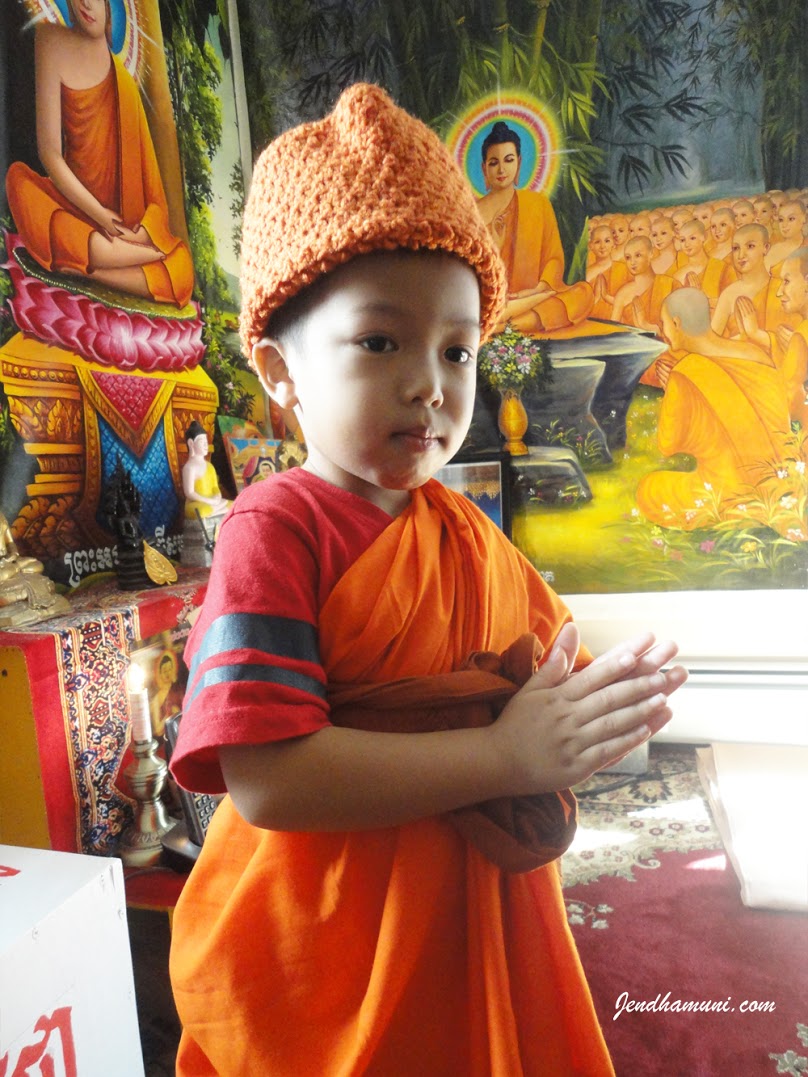The Buddha Teaches a Lesson on Forgiveness
The Buddha was sitting under a tree talking to his disciples when a man came and spit on his face. He wiped it off, and he asked the man, “What next? What do you want to say next?” The man was a little puzzled because he himself never expected that when you spit on somebody’s face, he will ask, “What next?” He had no such experience in his past. He had insulted people and they had become angry and they had reacted. Or if they were cowards and weaklings, they had smiled, trying to bribe the man. But Buddha was like neither, he was not angry nor in any way offended, nor in any way cowardly. But just matter-of-factly he said, “What next?” There was no reaction on his part.
Buddha’s disciples became angry, they reacted. His closest disciple, Ananda, said, “This is too much, and we cannot tolerate it. He has to be punished for it. Otherwise everybody will start doing things like this.”
Buddha said, “You keep silent. He has not offended me, but you are offending me. He is new, a stranger. He must have heard from people something about me, that this man is an atheist, a dangerous man who is throwing people off their track, a revolutionary, a corrupter. And he may have formed some idea, a notion of me. He has not spit on me, he has spit on his notion. He has spit on his idea of me because he does not know me at all, so how can he spit on me? Continue reading
















